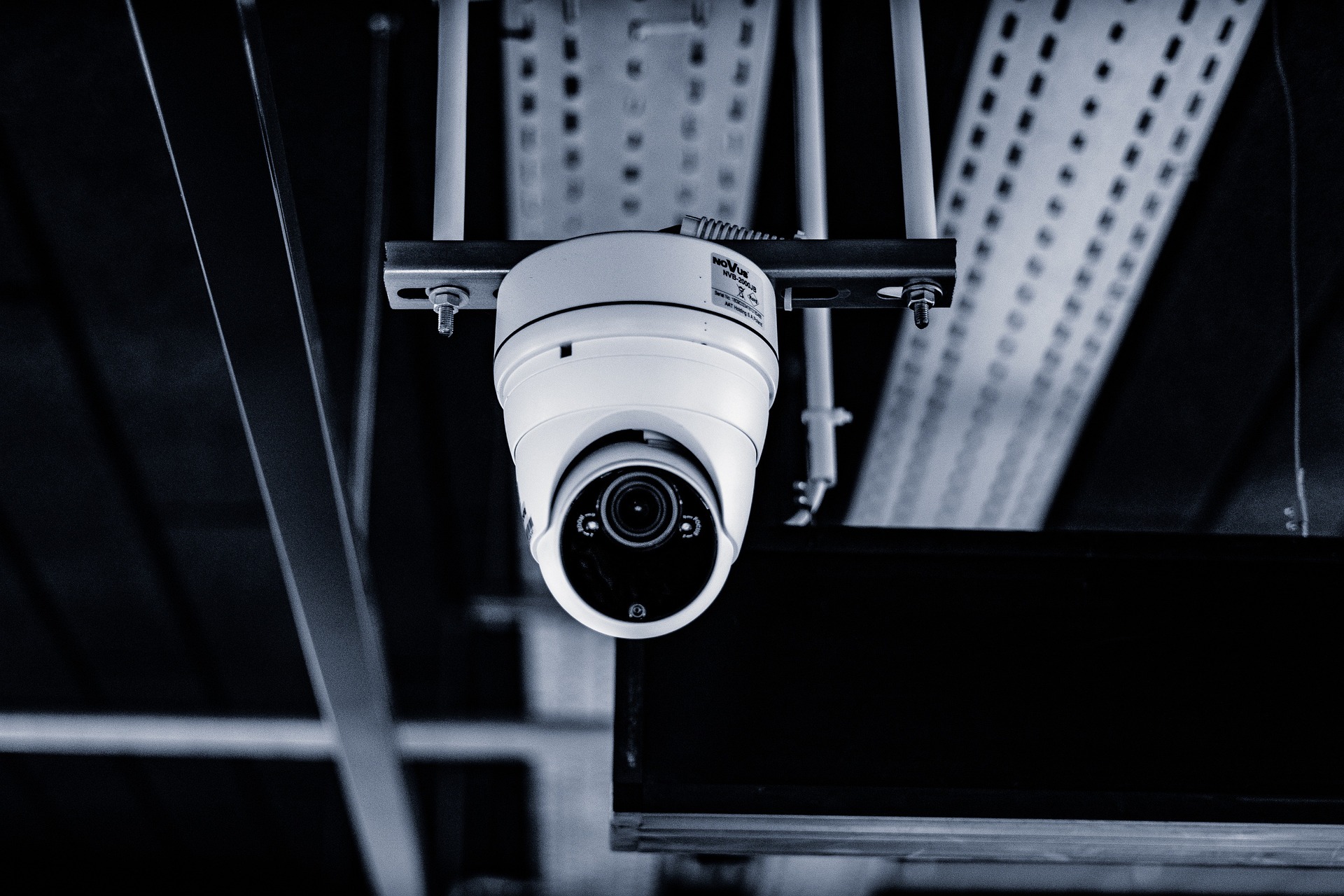Leading Security Companies and Services in the United Kingdom in 2025
Discover how the United Kingdom’s security industry is evolving in 2025, from top licensed companies and training programs to cutting-edge technologies and accreditation standards. Learn what to consider when choosing reliable, accredited security services tailored to your needs.

Britain’s security sector has transformed significantly over recent years, with companies expanding their service portfolios to address evolving threats in both physical and digital domains. The industry encompasses everything from basic alarm systems to sophisticated integrated security solutions that combine human expertise with advanced technology.
Market Overview and Key Players in the UK Security Industry
The UK security market represents one of Europe’s largest and most mature sectors, valued at several billion pounds annually. Major players include established multinational corporations alongside specialist regional providers. Companies like G4S, Securitas, and Mitie dominate the commercial security space, while smaller firms often specialise in niche areas such as executive protection or event security. The market has seen increased consolidation, with larger firms acquiring specialist companies to broaden their service capabilities. Technology integration has become a key differentiator, with companies investing heavily in AI-powered surveillance systems, drone security, and integrated command centres.
Types of Security Services and Their Applications
Modern security services extend far beyond traditional guarding roles. Manned guarding remains fundamental, covering retail security, corporate reception duties, and mobile patrol services. Electronic security systems include CCTV surveillance, access control systems, and intrusion detection technologies. Specialist services encompass close protection for high-profile individuals, event security management, and security consultancy. Cybersecurity has emerged as a critical component, with many physical security companies now offering digital protection services. Risk assessment and security auditing help organisations identify vulnerabilities and develop comprehensive protection strategies.
Regulations Standards and Licensing Requirements
The UK security industry operates under strict regulatory oversight through the Security Industry Authority (SIA). All security operatives must hold valid SIA licences, which require background checks and appropriate training. Different licence categories exist for various roles, including door supervision, CCTV operation, and close protection work. Companies must also hold relevant business licences and maintain appropriate insurance coverage. British Standards such as BS 7858 for security screening and BS 7499 for static guarding provide industry benchmarks. Regular compliance audits ensure standards are maintained, with serious penalties for non-compliance.
Training and Qualifications and Career Opportunities
The security industry offers diverse career paths with structured progression opportunities. Entry-level positions typically require basic SIA training, while advanced roles demand specialised qualifications. Many companies provide ongoing professional development, including courses in conflict management, first aid, and technology operation. Career advancement can lead to supervisory roles, account management positions, or specialisation in areas like cybersecurity or risk consultancy. The industry increasingly values candidates with military or police backgrounds, though civilian entrants with appropriate training are equally welcome. Professional bodies like the British Security Industry Association offer networking and development opportunities.
| Service Type | Provider Example | Monthly Cost Estimation |
|---|---|---|
| Manned Guarding | G4S, Securitas | £2,500-£8,000 per guard |
| CCTV Monitoring | ADT, Verisure | £50-£200 per camera |
| Alarm Systems | Yale, Honeywell | £30-£150 monthly |
| Mobile Patrols | Kingdom Services | £400-£1,200 per visit |
| Cybersecurity | BAE Systems | £1,000-£5,000 monthly |
Prices, rates, or cost estimates mentioned in this article are based on the latest available information but may change over time. Independent research is advised before making financial decisions.
How to Choose the Right Security Provider
Selecting appropriate security services requires careful evaluation of specific needs and provider capabilities. Consider the provider’s track record, industry certifications, and client testimonials. Ensure all operatives hold valid SIA licences and that the company maintains appropriate insurance coverage. Technology capabilities should align with your requirements, whether for basic monitoring or sophisticated integrated systems. Response times and local presence are crucial factors, particularly for emergency situations. Cost considerations should balance budget constraints with security effectiveness, remembering that the cheapest option may not provide adequate protection. Request detailed proposals that outline service levels, reporting procedures, and escalation protocols.
The UK security industry continues adapting to emerging challenges, from terrorism threats to sophisticated cybercrime. Companies investing in training, technology, and regulatory compliance position themselves as reliable partners for organisations seeking comprehensive protection. Whether requiring basic premises security or complex multi-layered protection systems, the British security sector offers solutions tailored to diverse needs and budgets.




